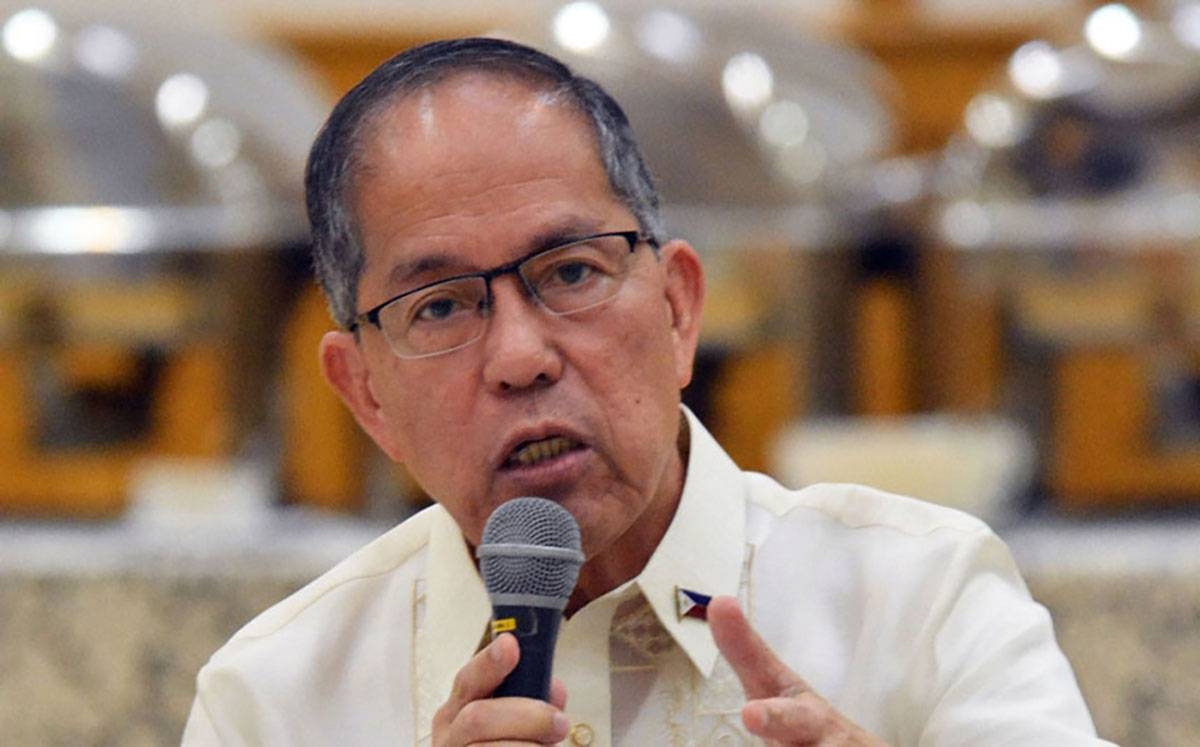The Department of Labor and Employment (DoLE) in the Philippines has made a strong commitment to safeguarding the rights and well-being of caregivers. Labor Secretary Bienvenido Laguesma Jr. has emphasized that the DoLE, in collaboration with the Department of Migrant Workers (DMW) and the Technical Education and Skills Development Authority, will take the lead in promoting decent employment for caregivers and protecting them from abuse, harassment, violence, and economic exploitation. This commitment is reflected in Republic Act 11965, also known as the “Caregivers’ Welfare Act.”
The Caregivers’ Welfare Act addresses the needs of Filipino caregivers who play a crucial role in providing care and support to individuals and families. The law covers caregivers working in private homes, nursing or care facilities, and other residential settings. It applies to caregivers who are directly hired by employers or placed through the Public Employment Service Office or Private Employment Agency.
One of the key provisions of the law is the guarantee of fair compensation, reasonable working hours, and a safe and supportive work environment for caregivers. It prioritizes the health and safety of caregivers by setting specific standards for employers to ensure a secure and healthy workplace. These standards include provisions for rest periods, manageable workloads, and protection against harassment.
In addition to these workplace protections, the Caregivers’ Welfare Act also ensures that caregivers have access to various benefits. Caregivers are entitled to coverage under the Social Security System, the Philippine Health Insurance Corp., and the Home Development Mutual Fund. These benefits provide a safety net for caregivers, ensuring that they have access to healthcare, social security, and housing assistance.
To further support the needs of caregivers, the Department of Labor and Employment is integrating a database of Filipino caregivers into the PhilJobNet system. PhilJobNet is an automated job and applicant matching system with a centralized database maintained by the Bureau of Local Employment. This integration will help streamline the process of connecting caregivers with employment opportunities and ensure better coordination between job seekers and employers.
The Caregivers’ Welfare Act was signed into law by President Ferdinand Marcos Jr. on November 23, 2023. This landmark legislation represents the government’s commitment to recognizing and addressing the unique challenges faced by caregivers. By institutionalizing policies to protect caregivers, the Philippines aims to create a supportive and empowering environment for those who play a vital role in providing care to individuals and families.
It is important to note that the Caregivers’ Welfare Act is specific to the Philippines and its local context. While this legislation serves as a significant step towards protecting caregivers in the country, it may differ from laws and regulations in other jurisdictions. Caregivers and employers outside of the Philippines should consult local laws and regulations to ensure compliance with their respective legal frameworks.
In conclusion, the Caregivers’ Welfare Act in the Philippines is a crucial piece of legislation that aims to safeguard the rights and well-being of caregivers. By ensuring fair compensation, reasonable working hours, and a safe work environment, the law prioritizes the health and safety of caregivers. Additionally, the provision of benefits and the integration of a caregiver database into the PhilJobNet system further support the needs of caregivers. The Caregivers’ Welfare Act reflects the government’s commitment to recognizing and addressing the important role played by caregivers in society.
Source: The Manila Times








